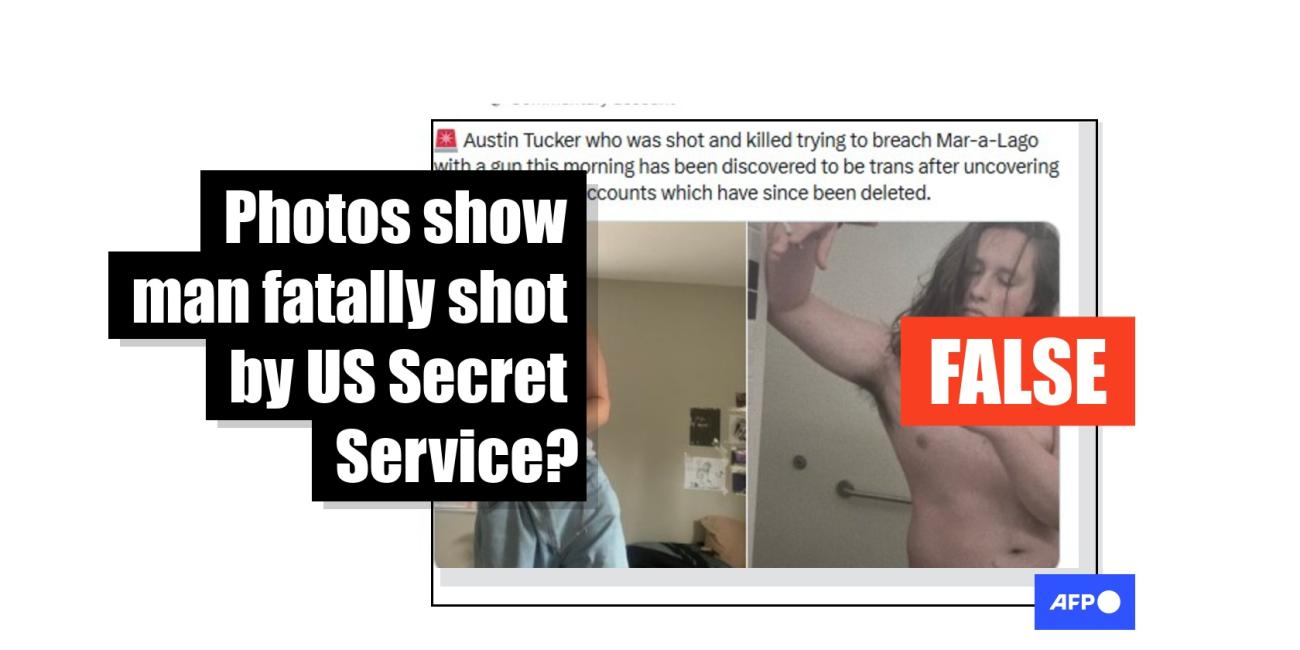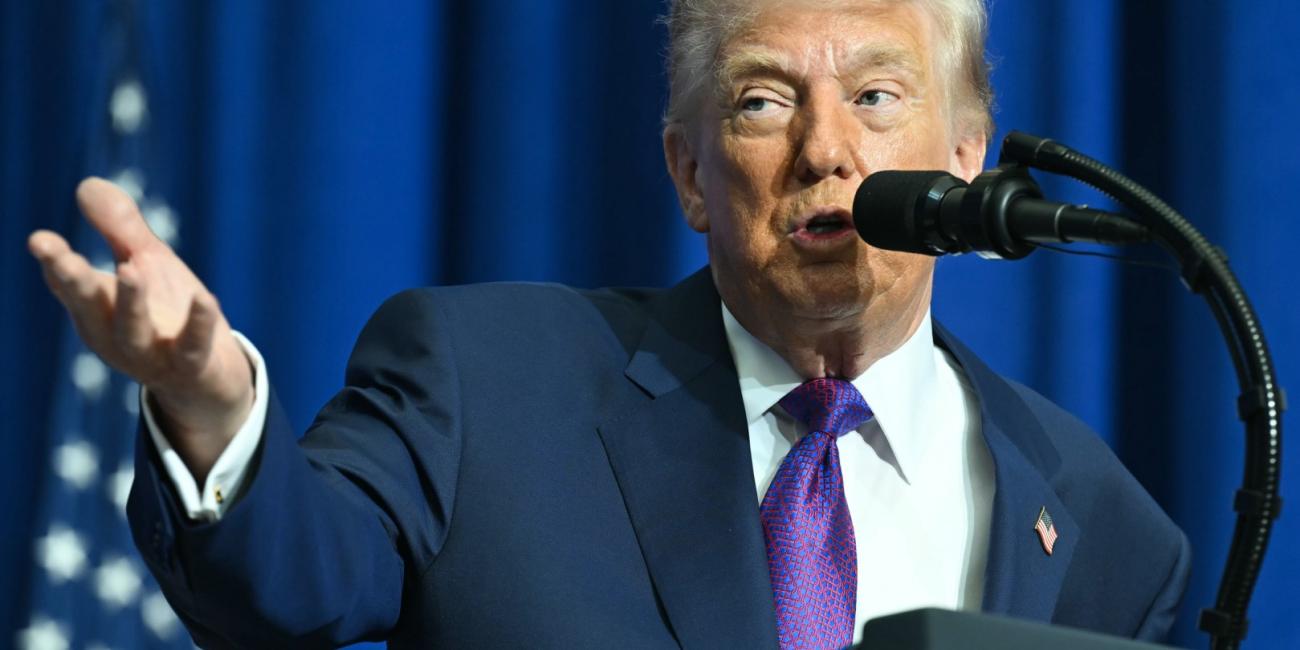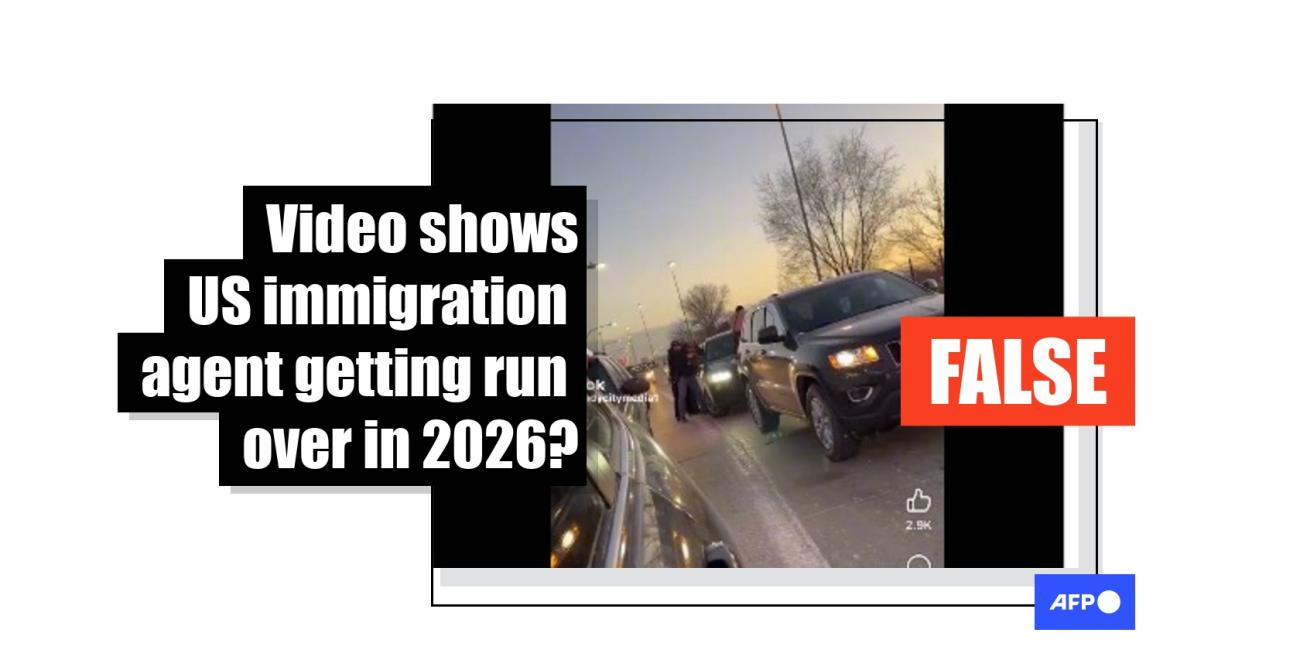
Trump, Biden supporters flunk New Hampshire primary history
- This article is more than two years old.
- Published on January 25, 2024 at 22:25
- 4 min read
- By Bill MCCARTHY, AFP USA
"NEW: Joe Biden becomes the first person to ever win a presidential primary as a write-in candidate," said Christopher Hale, a former Democratic congressional candidate, in a January 23, 2024 post on X, formerly Twitter.

The narrative reverberated across X and platforms including Facebook and Instagram as polls closed in the northeastern state with Biden and Trump emerging victorious in their parties' respective contests.
Biden's win came via a write-in campaign supporters launched after a scheduling dispute between the Democratic Party and New Hampshire officials left him off the ballot and rendered the vote symbolic.
Trump, meanwhile, all but nailed down a rematch of his 2020 loss to Biden after defeating his only remaining challenger, former South Carolina governor Nikki Haley. The former president's victory inspired similar online claims about making history.
"Donald Trump is now the only person ever to win the New Hampshire primary three times," Fox News host Bret Baier says in a clip the Trump campaign shared on X.
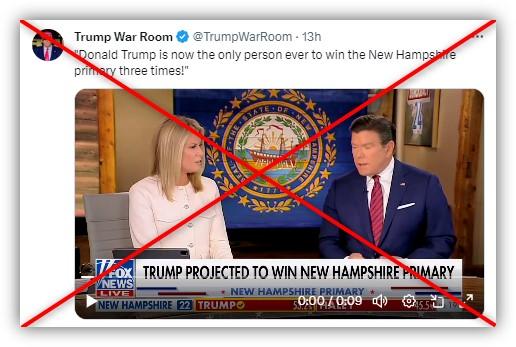
Trump previously won the primary in 2016 and 2020, later losing the state in both general elections.
However, neither Biden nor Trump's achievement is the first of its kind.
"These claims are wrong," said Elaine Kamarck, a senior fellow in governance studies at the Brookings Institution and author of a book on US primary elections.
Write-in winners
Biden's symbolic victory in New Hampshire came after Democratic Party leadership scrapped the state's role hosting the nation's first primary, instead placing South Carolina at the front of the line.
New Hampshire resolved to move forward with its poll anyway, prompting the Democratic National Committee to refuse to seat the state's delegates at its summer nominating convention.
Biden is not the first person to win the Granite State via write-in votes. Both former president Lyndon B Johnson and Henry Cabot Lodge Jr, a Republican politician and diplomat, achieved the same feat, according to John Woolley of the nonprofit American Presidency Project.
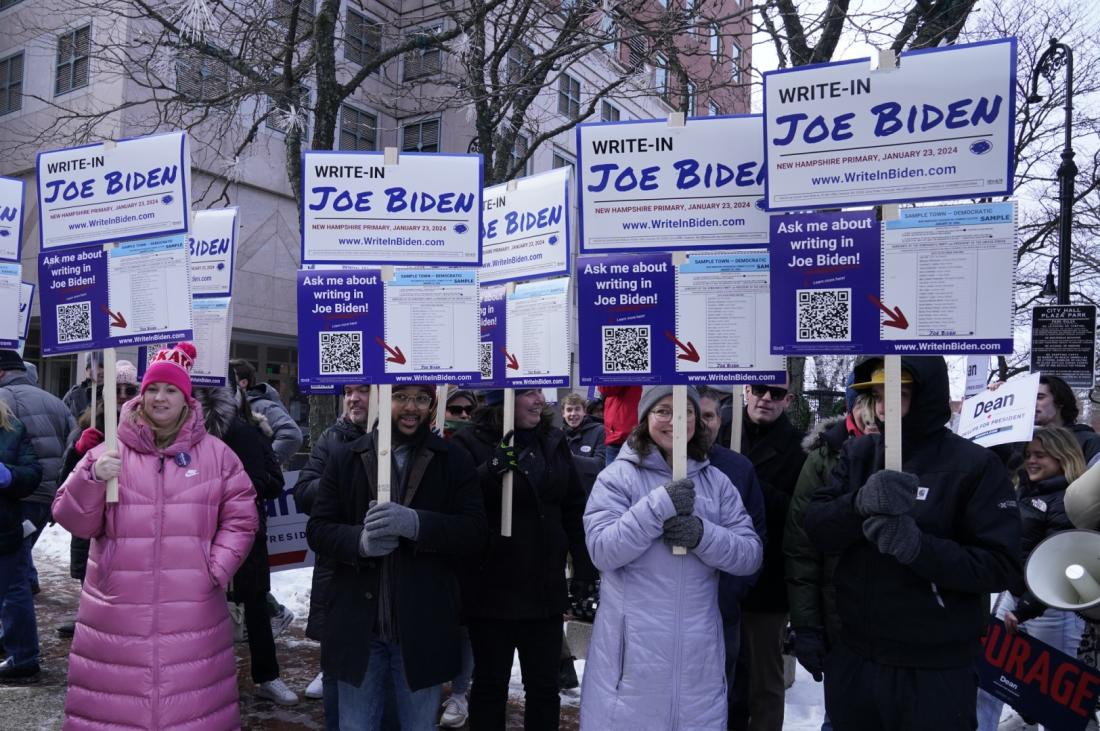
Johnson, who inherited the White House after John F Kennedy's assassination in 1963, won the following year's Democratic primary in New Hampshire as a write-in candidate.
Lodge carried the state's Republican contest despite not campaigning and being stationed overseas as the US ambassador to South Vietnam (archived here, here and here).
In 1968, Johnson again won New Hampshire's Democratic primary as a write-in candidate, topping anti-war senator Eugene McCarthy -- but by a margin slim enough to help derail his prospects for reelection. Johnson announced weeks later that he would not seek another term (archived here, here and here).
"Everybody remembers that Eugene McCarthy, who was on the ballot, almost won. Some even say, inaccurately, that he did win," said Chester Pach, an associate professor of history at Ohio University.
"LBJ hadn't announced his candidacy by the time of the NH primary in March. On March 31, he made his famous declaration that he wouldn't seek or accept the Democratic presidential nomination."
Former president Dwight D Eisenhower also won New Hampshire's 1952 Republican primary without campaigning for it, although he was on the ballot.
Lodge and other supporters placed the general's name on the ballot without his authorization. His strong performance in the state spurred him to announce his candidacy and ultimately win in the general election (archived here, here and here).
"He was still Supreme Commander of NATO," said Pach, who authored a book on Eisenhower. "He hadn't resigned his position or returned to campaign for the presidential nomination."
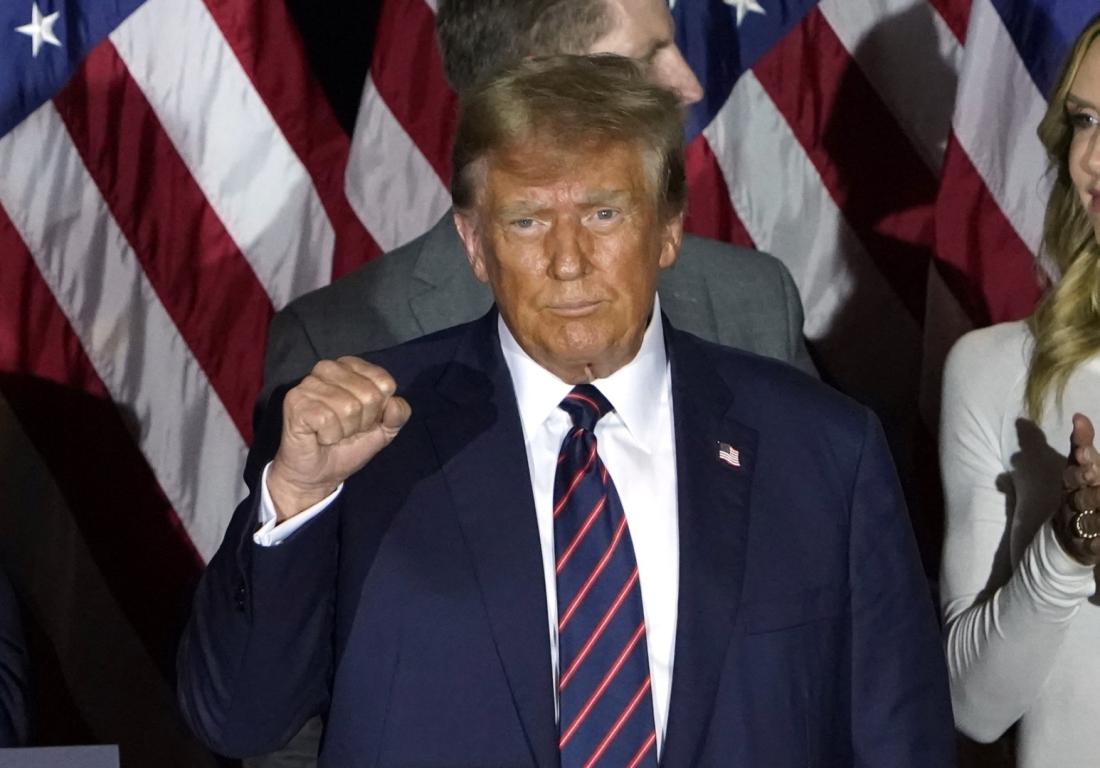
Three-time winners
Trump is not the first presidential candidate to win his party's New Hampshire primary three times, either. In a follow-up segment, Fox News host Baier clarified that he meant to say Trump was the first to do it in "the modern era."
Former Republican president Richard Nixon did so in 1960, 1968 and 1972, Woolley said (archived here, here, here and here). First elected in 1968, Nixon remained in the White House until 1974, when he resigned in the throes of the Watergate scandal.
On the Democratic side, New Hampshire delegates pledged to support former president Franklin D Roosevelt after primaries in 1932, 1936, 1940 and 1944, according to contemporary reports from The New York Times. That was before changes that allowed citizens to vote for candidates directly rather than delegates to their party's convention.
Roosevelt's presidency, which spanned from his 1932 election to his death in 1945, came before the 22nd Amendment to the US Constitution in 1951 established a two-term limit.
AFP has debunked other misinformation about the New Hampshire primary here.
Copyright © AFP 2017-2026. Any commercial use of this content requires a subscription. Click here to find out more.
Is there content that you would like AFP to fact-check? Get in touch.
Contact us
